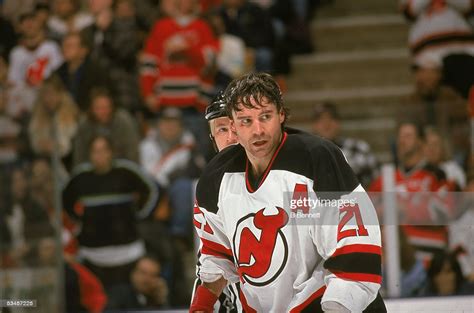A Quote by Clayton Christensen
The mistake managers often make is defining their industry too narrowly. Digital's market share in the minicomputer market stayed very robust even as it fell off the cliff. Disruption seems to come out of nowhere, but if you know what to look for, you can spot important developments well before the market does.
Related Quotes
The Middle East would always be an important trading partner in just a market sense, like America is a big market for us, Asia is a big market, Europe is a big market. You are going to have hundreds of millions of consumers there, from just a standard market point of view, from a very narrow American point of view.
And maybe the cereal makers by and large have learned to be less crazy about fighting for market share-because if you get even one person who's hell-bent on gaining market share.... For example, if I were Kellogg and I decided that I had to have 60% of the market, I think I could take most of the profit out of cereals. I'd ruin Kellogg in the process. But I think I could do it.
If you could distill this down to a single principle its that the best marketers in the world know MARKETS first and foremost, and secondly they're students of MARKETING. It's more important to know a MARKET than to know MARKETING, and I teach people MARKETING! And so, as far as this seminar is concerned, it's all about knowing a market, and it's so thorough that even if you don't have personal experience in that market you can still go into it and find out, what are the things that people will pay money for!
An old market had stood there until I'd been about six years old, when the authorities had renamed it the Olde Market, destroyed it, and built a new market devoted to selling T-shirts and other objects with pictures of the old market. Meanwhile, the people who had operated the little stalls in the old market had gone elsewhere and set up a thing on the edge of town that was now called the New Market even though it was actually the old market.
When I get hurt in the market, I get the hell out. It doesn't matter at all where the market is trading. I just get out, because I believe that once you're hurt in the market, your decisions are going to be far less objective than they are when you're doing well If you stick around when the market is severely against you, sooner or later they are going to carry you out.



































